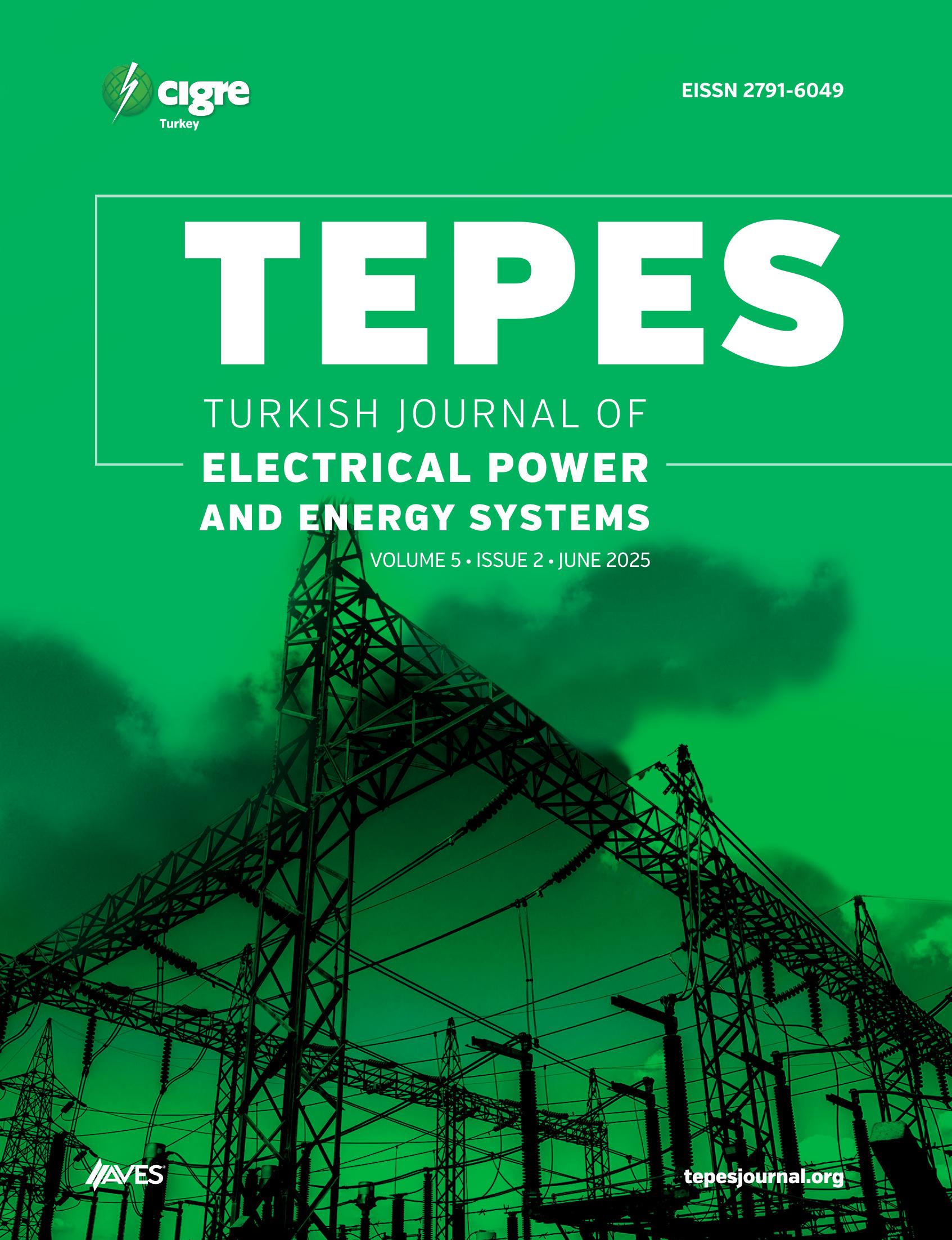In this study, the efficiencies of three different neural network load forecasting algorithms are compared to determine the best performance. The algorithms Levenberg–Marquardt, gradient descent, and gradient descent with momentum and adaptive learning rate backpropagation are used to train a neural network (NN) model for energy demand prediction on a power system. Prior loads, weather parameters (temperature, relative humidity, and precipitation), and customer population of the supplied region are employed as training inputs. To ascertain the accuracy of the predictions, mean absolute error and mean square error are used as evaluation indices, and the algorithm with the least index values is deployed on a transmission substation. The Levenberg–Marquardt algorithm was found to be the most efficient candidate, and this algorithm is therefore recommended for adequate and proper system management, planning, and expansion, to enhance the efficiency, effectiveness, and accessibility of power supply.
Cite this article as: Ajewole Titus O, Olawuyi Abdulsemiu A, Agboola Mutiu K, Onarinde O. A comparative study on the performances of power systems load forecasting algorithms. Turk J Electr Power Energy Syst. 1(2), 99-107, 2021.








